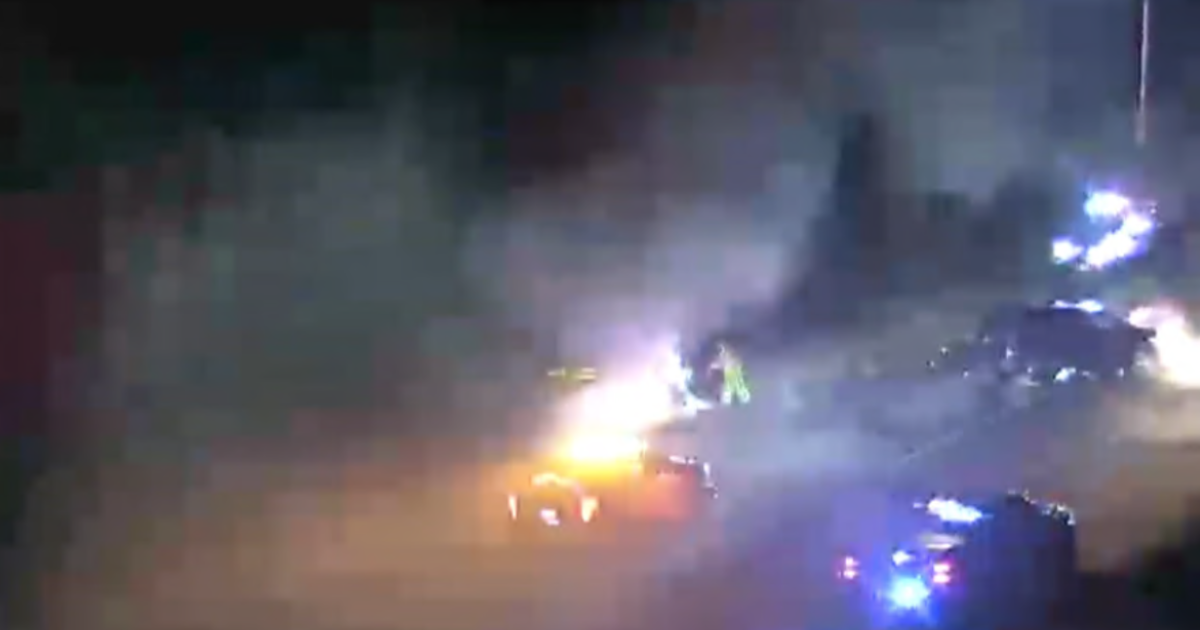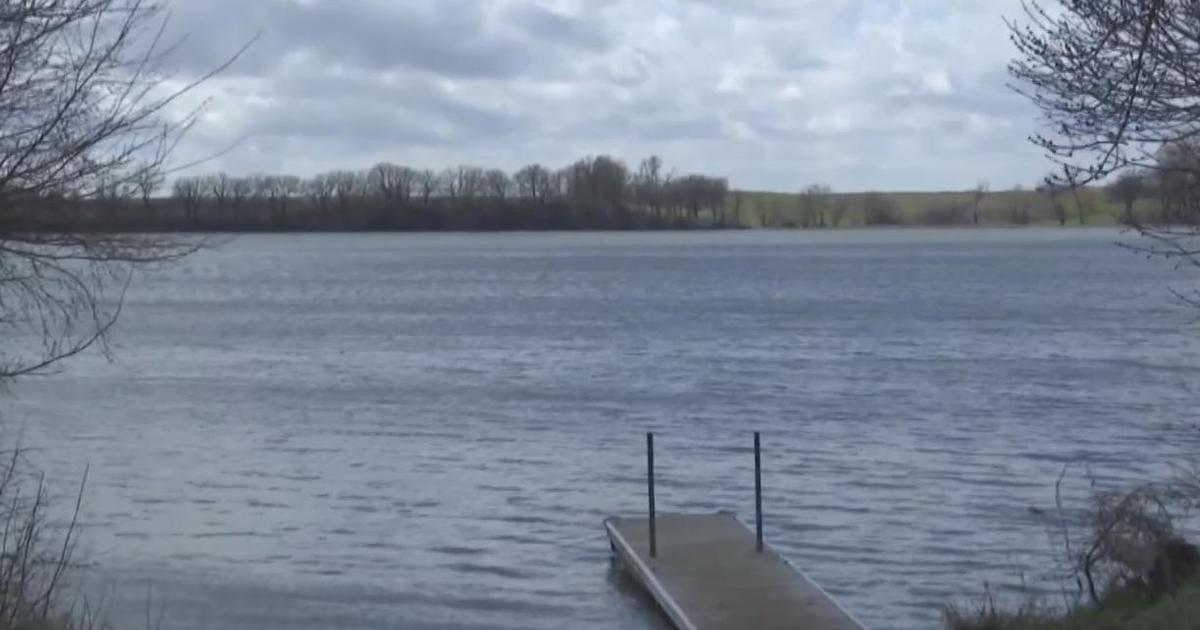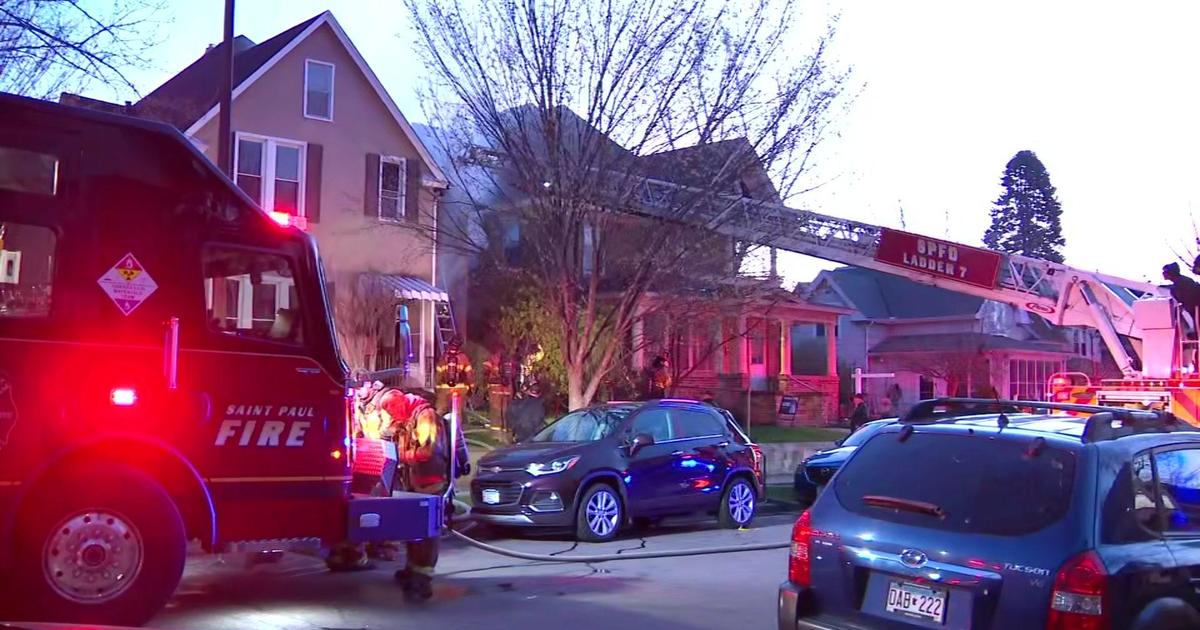GOP And Dems Dial, Drum Up Voters
LAKEVILLE, Minn. (AP) — In a cramped office tucked behind an old 10-cent general store, the voice of 10-year-old Parker Hall cuts through the hum of non-stop conversation. Fueled by bottles of Dr Pepper and a big bag of candy, he asks if he can count on a vote for GOP candidates. Then another call. And another. He's at it for hours.
This red-haired fourth-grader, the teens sitting shoulder-to-shoulder at folding tables and the baby boomer struggling to work his laptop? They're the muscle the Republican Party of Minnesota hopes power them at the polls.
From noisy call centers to carefully chosen bus tour stops, Minnesota's Democratic and Republican parties spend their energy on specific voters they see as likely to side with them. One person, one vote is the law of the land, but that doesn't mean that political parties chase all of them the same.
Well-honed data about magazine subscriptions, vehicle registration and voting history offer clues about political tendencies, and the task is stirring these supporters to vote in a midterm election that people may otherwise sit out. Tactics include applying peer pressure or getting people to sign "pledge to vote" cards that get mailed back to them before Tuesday as a reminder.
The voter mobilization game is increasingly sophisticated and starts well before election matchups are even set.
For Democrats, the organizing began in January 2013. Officials began to build their field teams, pinpoint infrequent voters and start conversations about pressing issues.
The drop-off voters tend to be younger or have an ethnic minority background. Party officials say getting at least 25 percent of them to cast ballots would have a big effect on Tuesday's results when voters pick a governor, U.S. senator, eight members of Congress and the Minnesota House.
"In so many ways, the Republicans aren't our worst fears this election. Our worst fears are the Democratic base drops off like in past elections," said Minnesota Democratic-Farmer-Labor Party chairman Ken Martin said. "Anyone who stays home is essentially giving the Republicans another vote."
The DFL's arsenal includes pledge cards, coded absentee ballot applications and a social pressure component that lets voters know if their neighbors have a better election attendance record than they do.
The pledge cards — several hundred thousand that are printed in multiple languages — bear the voter's signature and polling place location. The thinking is people are likely to vote if they've committed to it, made a plan and are reminded of it.
Minnesota's Republican party has intensified its own efforts to catch up to the DFL. The GOP opened 18 call centers this year to chase voters — an unprecedented investment by the party, Chairman Keith Downey said.
"We had gotten behind. We did not have that core infrastructure in place," Downey said.
Having two U.S. House Democrats on the ropes — in the 7th and 8th Districts — has been a boon for Republicans. National GOP organizations sent in staffers for some call centers and transferred hundreds of thousands of dollars to the state party — critical infusions for its ground game.
With absentee voting by mail or in person now allowed without a prescribed excuse, the parties are also working hard to bank votes early and emphasize the ease of casting a ballot at leisure.
The DFL has sent out loads of absentee ballot applications with special bar codes — think Netflix — and gets notified when voters mail them to local elections offices, which send out actual ballots. Knowing who has a ballot allows the party to follow up and make sure voters fill them out in timely fashion. Publicly accessible lists give any party information on who has submitted a voted ballot.
Then there's the pressure play. Much like a power company that alerts customers how their electricity usage stacks up, select voters are getting letters from the party comparing voting history with those who live near them. The tactic is meant to shame people prone to skipping. Republicans have also sent out postcards to those without perfect attendance that impress on them the "need to vote."
And there are activities on the ground, such as community organizer Mustafa Jumale's work to boost turnout among East African immigrants in Minneapolis, Eden Prairie, Burnsville, St. Cloud and Willmar. Jumale has organized floor captains in apartments to discuss issues and he coordinates a shuttle to early polling locations to have newly identified voters cast a ballot as soon as possible. A week out from Election Day, he said he already turned out hundreds and has a goal of finding hundreds more.
"If we didn't have access to the vans to bring people to the polls and if we didn't translate literature a lot of people would not have been interested in coming out this mid-term election," Jumale said.
(© Copyright 2014 The Associated Press. All Rights Reserved. This material may not be published, broadcast, rewritten or redistributed.)



